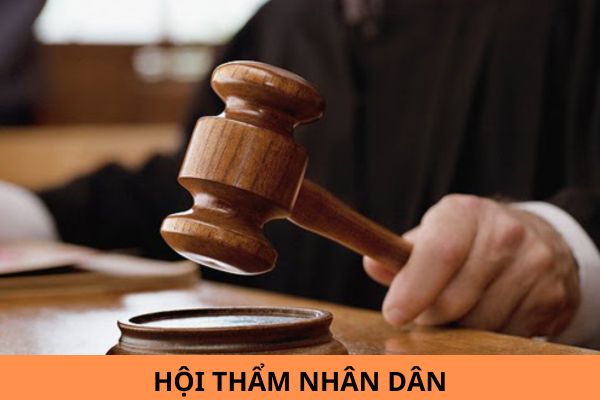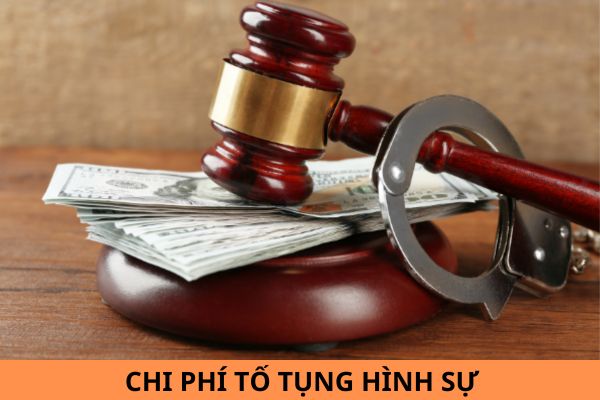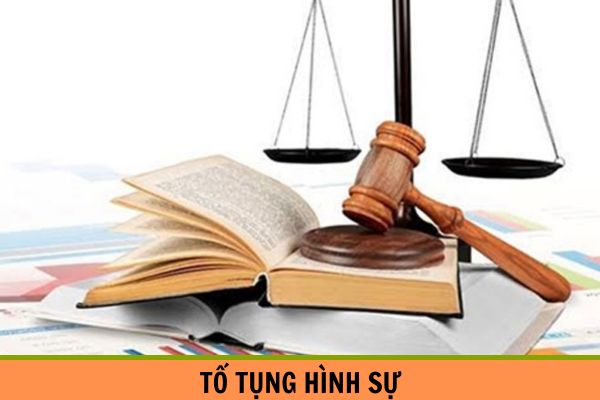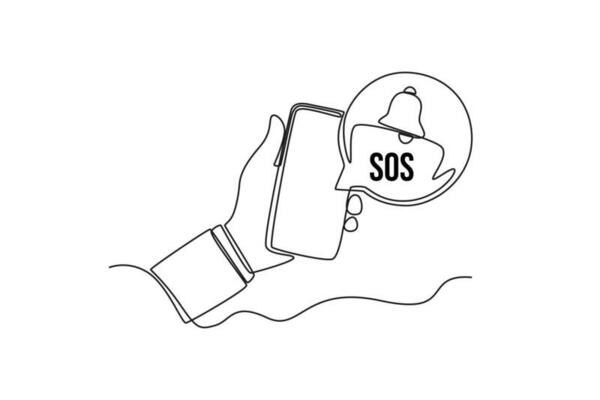How to handle ultra vires crime reports in Vietnam?
How to handle ultra vires crime reports in Vietnam? Thank you! - Mr. Phuoc (Tra Vinh)
Which authorities are responsible to receive and handle crime reports in Vietnam?
Pursuant to Article 5 of the Joint Circular 01/2017/TTLT-BCA-BQP-BTC-BNN&PTNT-VKSNDTC stipulating responsibility to receive and handle crime reports and petitions for prosecution:
Responsibility to receive and handle crime reports and petitions for prosecution
1. The following organizations have the responsibility to receive and handle crime reports and petitions for prosecution;
a) Investigating authorities;
b) Agencies assigned to investigate;
c) Procuracies at all levels;
d) The organizations specified in Point b Clause 2 Article 145 of the Criminal Procedure Code 2015: police authorities of communes, police stations; courts at all levels; press agencies and other organizations.
2. The power to receive and handle crime reports and petitions for prosecution
a) The organizations specified in Point a and Point b Clause 1 of this Article, except for security teams of police authorities of districts, which have the power to handle crime reports within their competence.
b) The Procuracy shall handle a crime report in the cases where the investigating authority or agency assigned to investigate commits a serious violation of law during verification of the crime report or is suspected of omission of crime and fails to make rectification within 15 days from the day on which such authority or agency receives a written request from the Procuracy.
As regulations above, following authorities are responsible to receive and handle crime reports:
- Investigating authorities;
- Agencies assigned to investigate;
- Procuracies at all levels;
- Police authorities of communes, police stations;
- Courts at all levels;
- Press agencies and other organizations.
How to handle ultra vires crime reports in Vietnam? - image from internet
How to handle ultra vires crime reports in Vietnam?
Pursuant to Article 146 of the Criminal Procedure Code in 2015 stipulating procedures for receiving denunciations, criminal information and requisitions for charges:
Procedures for receiving denunciations, criminal information and requisitions for charges
1. When authorities and entities make direct denunciations, disclose criminal information and requisition for charges, investigation authorities, procuracies and units assigned to investigate are authorized as per Section 2, Article 145 of this Law to execute written records of receipt and enter data into a receipt journal. The acquisition of such information may be recorded by sound or sound-and-visual means.
If denunciations, criminal information and requisitions for charges are delivered by post, by telephone or by other means of communication, entries shall be made into a receipt journal.
2. Investigation authorities and units assigned to investigate, if considering certain denunciations, criminal information disclosed and requisitions for charges ultra vires, shall be held responsible for transferring such information and relevant documents to a competent investigation authority in prompt manner.
The procuracy is responsible for promptly transferring denunciations, information and charge requests and relevant documents to a competent investigation authority.
In the events as defined in Point c, Section 3, Article 145 of this Law, competent authorities processing denunciations, information and charge requests shall, in 05 days upon the Procuracy’s requests, transfer relevant documents to The procuracy for consideration and settlement.
...
In cases of receiving ultra vires crime reports, investigation authorities and units assigned to investigate shall be held responsible for transferring such reports and relevant documents to a competent investigation authority in prompt manner.
Can police authorities receive crime reports from the citizens in Vietnam?
Pursuant to Article 145 of the Criminal Procedure Code in 2015 stipulating responsibilities and authority to receive and process denunciations, criminal information disclosed and requisitions for charges:
Responsibilities and authority to receive and process denunciations, criminal information disclosed and requisitions for charges
1. All denunciations, information and charge requests must be fully acquired and processed in timely manner. The authorities shall be responsible for receiving and not rejecting denunciations, information and requisitions.
2. The authorities responsible for receiving denunciations, criminal information disclosed and requisitions for charges shall include:
a) Investigation authorities and procuracies that obtain denunciations, information and requisitions;
b) Other authorities that take in denunciations and criminal information disclosed.
3. The authority to handle denunciations, information and charge requests is given to:
a) Investigation authorities processing intra vires denunciations, information and requisitions;
b) Units assigned to investigate process denunciations and criminal information disclosed within its powers;
c) The procuracy processes denunciations, information and charge requests when investigation authorities or units assigned to performed certain activities of investigation are found to commit serious violations of the laws during their inspection and verification of denunciations, criminal information disclosed, requisitions for charges or omission of crimes. Furthermore, such issues have not been settled despite the Procuracy’s written requests.
4. The authorities empowered to process denunciations, information and charge requests are responsible for informing authorities and entities making denunciations, disclosing criminal information and requisitioning for charges of the results of the former's tasks.
As regulations above, police authorities are not allowed to refuse to receive crime reports from the citizens. All denunciations, information and charge requests must be fully acquired and processed in timely manner.
The authorities responsible for receiving denunciations, criminal information disclosed and requisitions for charges are not allowed to refuse to receive such things.
In addition, citizens may submit crime reports to police authorities and procuracies at alll levels.
Best regards!











